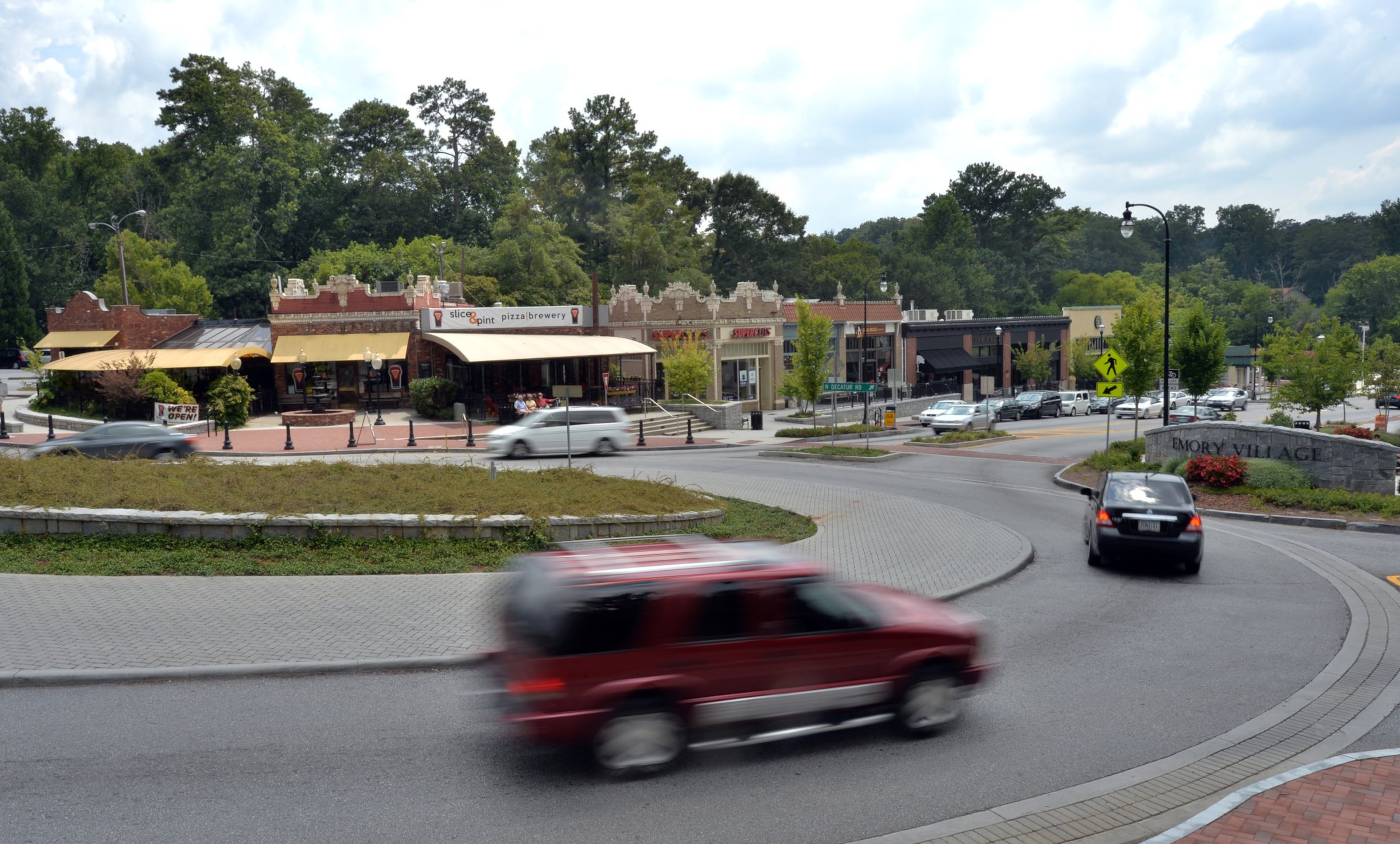What’s ahead as Emory eyes massive growth?

The one constant about university campuses is they’re always changing how they look.
Emory University, Georgia’s largest private school, is a prime example.
The school is in the midst of a multibillion-dollar capital master plan that could remake its main campus, a part of nearby Brookhaven and Midtown Atlanta over the next 20 years.
One major project is already done. The university opened a new student center that includes 10 dining stations and a gaming lounge earlier this month.

The biggest project is Emory at Executive Park. Emory wants to build a $1 billion medical complex in Brookhaven that would include a hospital, hotel, apartments and miles of walking trails and paths. It could take 15 years, Emory says. Emory filed rezoning paperwork earlier this month and has organized a community meeting scheduled for 6 p.m. Monday at Westminster Presbyterian Church in Atlanta.
In Midtown, Emory is building a a tower for its Winship Cancer Institute. The master planning process may not conclude until early 2020.
Emory has a long history of liberal arts education, but it's increasingly about medical research. The money it receives annually from the federal government and elsewhere for research has increased from about $575 million in fiscal year 2016 to its 2018 fiscal year total of $734 million. Emory has 744 acres on its main campus, about four times the size of Piedmont Park, but it needs more space for its research work and student housing.
“I’m proud of the (research numbers), but what’s more important is what we do with it,” Emory President Claire Sterk said in a recent interview.
Emory leaders, like many students and residents, say a key component to making its plans work is transportation. The university is hoping for its long-desired MARTA light rail line that would add three stops along the campus.
Robin Morey, Emory’s chief planning officer, said during one town hall meeting, a MARTA line would result in the university spending less money on parking spaces.
“We’d be investing in more research. That would be huge for us,” Morey said.

DeKalb County Commissioner Jeff Rader, whose district includes Emory's main campus, is worried about the master plan's impact on transportation. The county, he noted, has little say over the process after Atlanta annexed the campus in December 2017. Rader said the city's zoning regulations are more liberal than DeKalb's. Rader believes the rail line may add more traffic from commuters hoping to use it. He would like DeKalb to have some regulatory input in the process.
“It will be really interesting to see how Emory’s master plan impacts the quality of life in the surrounding community,” Rader said.



